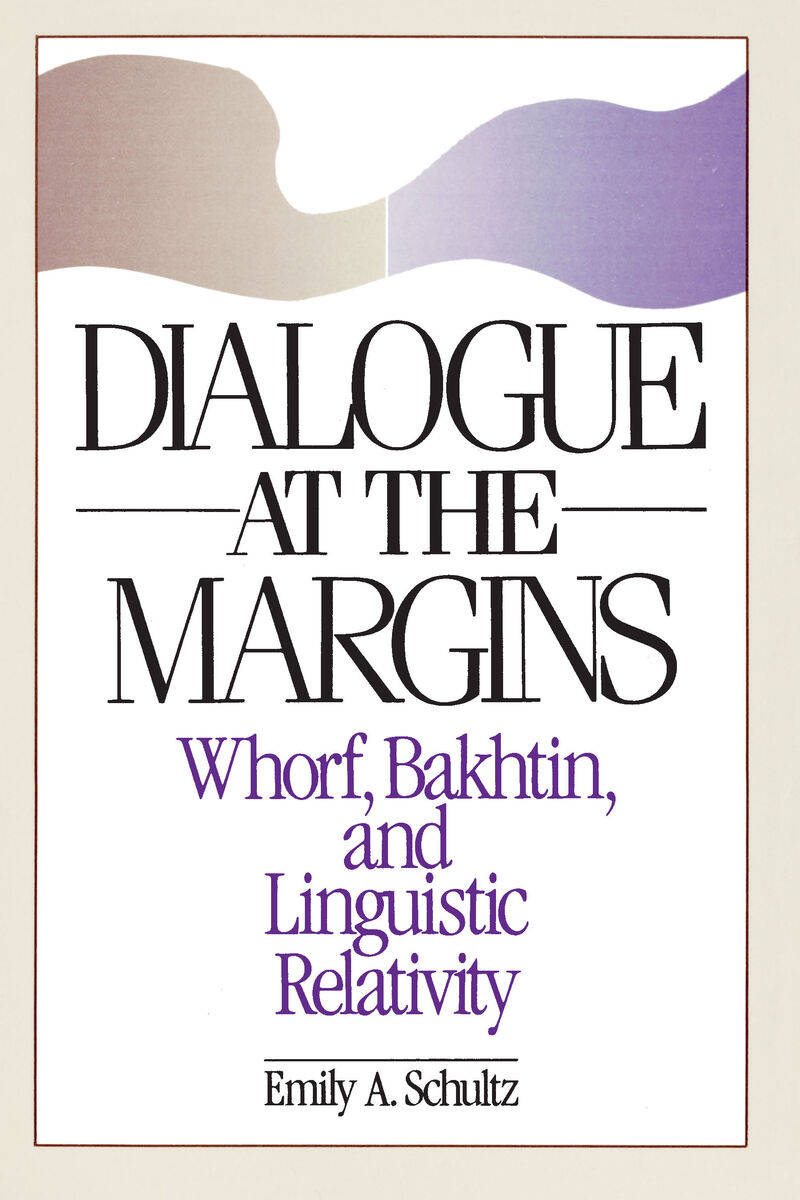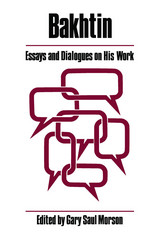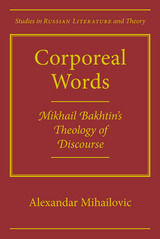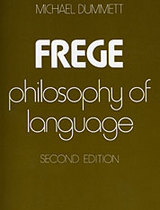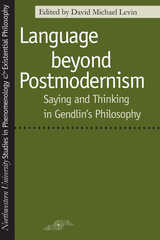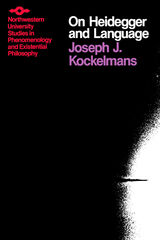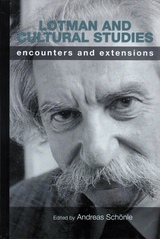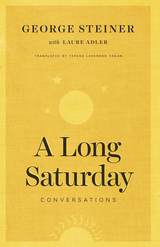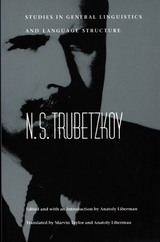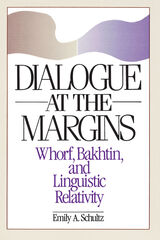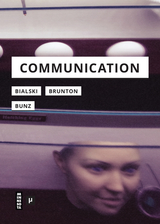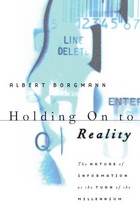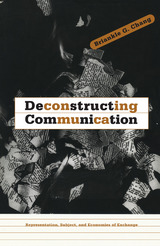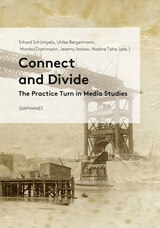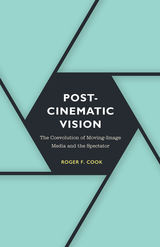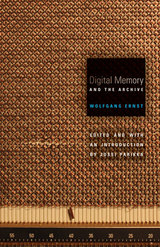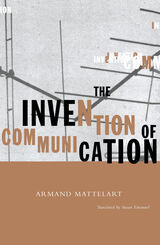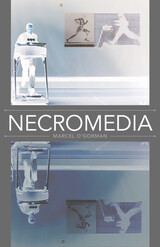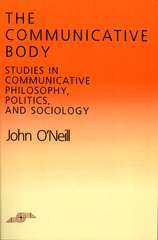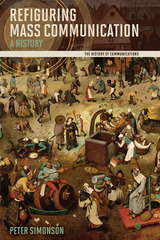Cloth: 978-0-299-12700-8 | Paper: 978-0-299-12704-6
Library of Congress Classification P85.W48S38 1990
Dewey Decimal Classification 306.44
The “linguistic relativity principle” of pioneering American linguist Benjamin Whorf has been a focus of controversy among scholars of language for half a century. Many claim that this principle amounts to Whorf’s assertion that language determines thought and culture, while others vigorously reject such a claim. Emily Schultz rereads Whorf in terms of Russian theorist Mikhail Bakhtin, and argues that the Whorfian controversy is rooted in the polyphonic character of his best known texts. By combining Whorfian and Bakhtinian insights concerning variation within and across languages, Schultz offers a new dialogic interpretation of linguistic relativity that has profound implications for students and scholars of anthropology, linguistics, cognitive psychology, philosophy of language, and literary and art criticism.
See other books on: 1895-1975 | Bakhtin | Bakhtin, M. M. | Bakhtin, M. M. (Mikhail Mikhaĭlovich) | Margins
See other titles from University of Wisconsin Press
